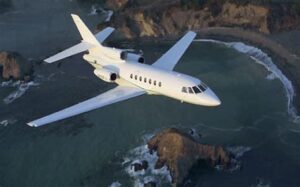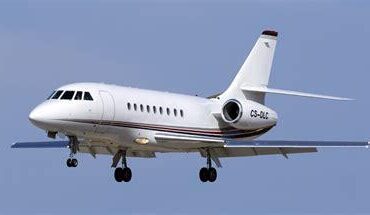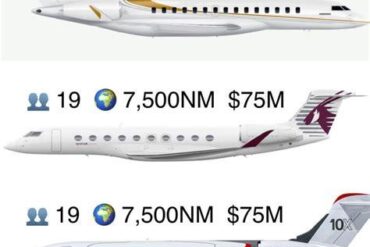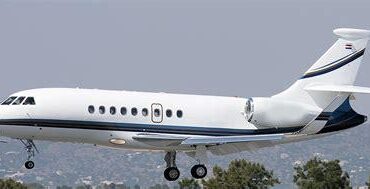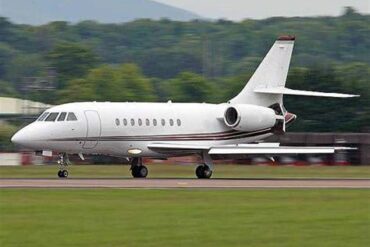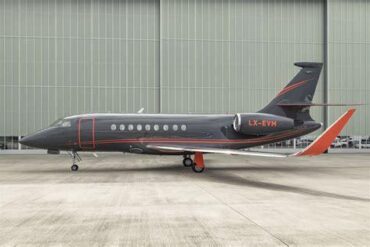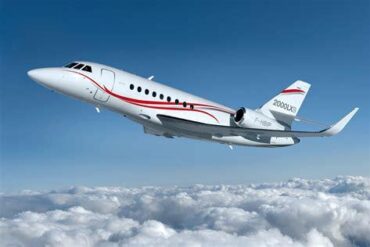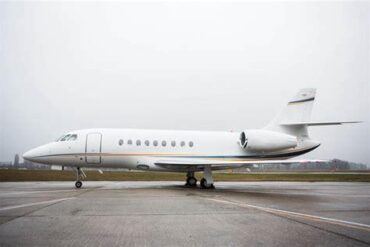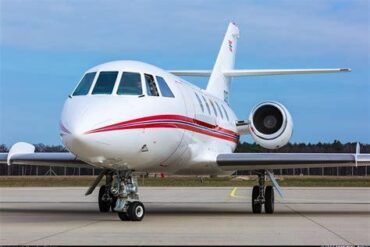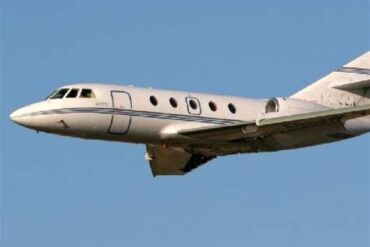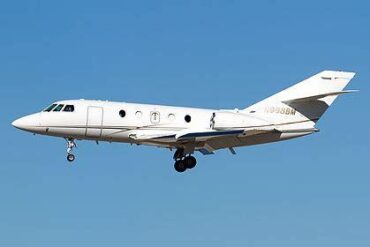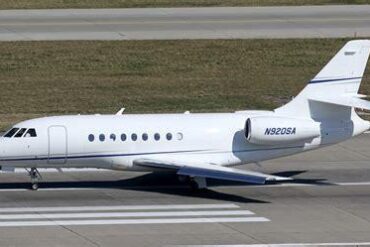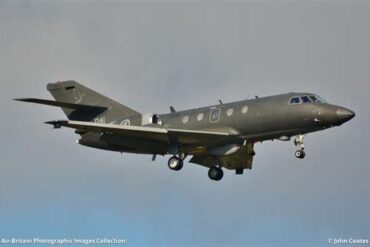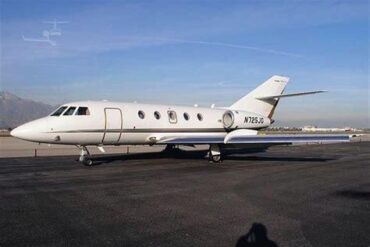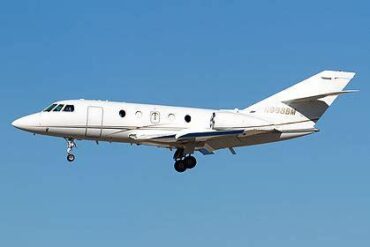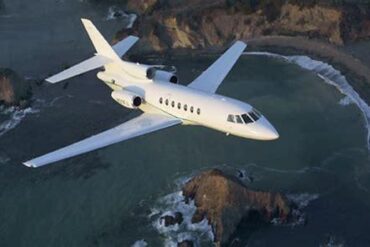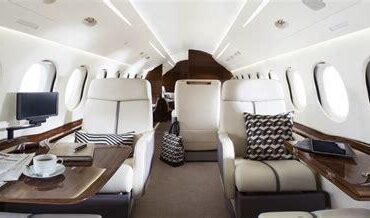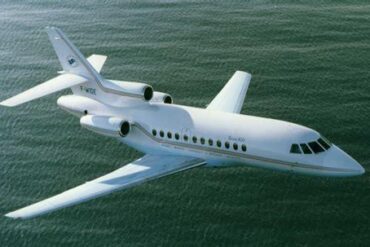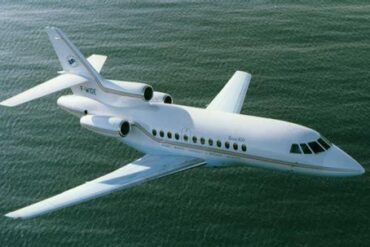The Dassault Falcon 50 stands as a testament to aviation engineering, combining elegance with performance. Designed for versatility and comfort, this tri-jet offers unique advantages that appeal to both corporate and private operators. Understanding the price and operating costs associated with the Falcon 50 is essential for potential buyers and operators aiming to make informed decisions in the competitive business aviation market.
Overview of the Dassault Falcon 50
The Falcon 50, introduced in the late 1970s, has evolved into a respected choice among business jets. Its sleek design and powerful engines allow for a range of approximately 6,500 kilometers, enabling non-stop flights between major cities. The aircraft’s spacious cabin can accommodate up to nine passengers, offering a comfortable atmosphere for long-haul journeys.
Key Specifications
-
Length: 19.3 meters
-
Wingspan: 20.1 meters
-
Maximum Takeoff Weight (MTOW): 22,865 kg
-
Cruise Speed: 850 km/h
-
Engines: Three Honeywell TFE731-2-2B turbofan engines
These specifications highlight why the Falcon 50 remains a popular choice among business professionals, delivering exceptional performance while ensuring passenger comfort.
Market Price of the Dassault Falcon 50
When considering the market price of the Falcon 50, it is crucial to recognize that several factors influence the overall cost. The age of the aircraft, its maintenance history, and additional equipment play significant roles in determining the final price. On average, the price of a pre-owned Dassault Falcon 50 ranges between $1.5 million to $3 million.
Factors Affecting Price
-
Age and Condition: Newer models command higher prices due to advanced technology and less wear. A well-maintained older Falcon 50 might still attract a premium if it has a solid maintenance record.
-
Equipment and Customization: Aircraft equipped with the latest avionics, enhanced entertainment systems, or luxurious interiors may significantly increase the price. Custom features tailored to a buyer’s specifications can also impact cost.
-
Flight Hours: The total flight hours logged on the aircraft can affect its resale value. Lower flight hours often indicate less wear and tear, making the aircraft more desirable.
-
Market Demand: Economic conditions, oil prices, and market trends can fluctuate demand for used jets, influencing pricing dynamics in the industry.
Operating Costs of the Dassault Falcon 50
Understanding the operating costs associated with the Falcon 50 is vital for financial planning. These costs can be divided into fixed and variable categories.
Fixed Costs
Fixed costs include those expenses that remain constant regardless of flight hours. For the Falcon 50, these typically encompass:
-
Insurance: Annual insurance costs for the Falcon 50 can range from $25,000 to $50,000, depending on coverage and the operator’s safety record.
-
Hangar Fees: Monthly hangar fees vary based on location but typically range from $1,000 to $3,000 per month. In high-demand areas, costs can be even higher.
-
Crew Salaries: Employing qualified pilots and crew members is essential for operational safety and compliance. Salary costs for a captain and first officer may total around $150,000 to $250,000 annually.
Variable Costs
Variable costs fluctuate based on flight hours and operational activities. Key components include:
-
Fuel Costs: Fuel consumption for the Falcon 50 averages around 200 gallons per hour, with prices varying by location. At an average fuel price of $5 per gallon, operators can expect to spend approximately $1,000 per flight hour on fuel.
-
Maintenance and Repairs: Regular maintenance is crucial for safety and efficiency. Maintenance costs can range from $500 to $1,000 per flight hour, depending on the aircraft’s condition and operational requirements. This includes scheduled inspections, unscheduled repairs, and parts replacement.
-
Engine Maintenance: The Honeywell TFE731 engines are known for their reliability; however, operators should budget for engine maintenance programs. Costs can range between $100,000 and $200,000 per year, which typically includes overhauls and inspections.
-
Landing and Handling Fees: Fees associated with landing at various airports can vary widely but generally range from $100 to $1,000 per landing, influenced by airport size and location. Handling fees may add an additional $100 to $500.
Total Operating Costs
When aggregating fixed and variable costs, the total operating costs for the Falcon 50 can approximate $1,500 to $2,500 per flight hour. This encompasses all necessary expenditures, ensuring that operators maintain a comprehensive understanding of the financial commitments involved in owning and operating this aircraft.
Comparison with Other Aircraft
To gauge the Falcon 50’s competitiveness, it’s beneficial to compare it with other jets in the same class. Notably, the Bombardier Learjet 60 and Gulfstream G150 offer similar capabilities.
Cost Comparison
-
Bombardier Learjet 60: With a purchase price ranging from $2 million to $3 million, its operating costs are similar, averaging around $1,600 to $2,400 per flight hour.
-
Gulfstream G150: Priced similarly to the Falcon 50, the G150’s operating costs are slightly higher, estimated at around $2,000 to $2,700 per flight hour.
This comparison underscores the Falcon 50’s competitive standing in the marketplace, offering a compelling blend of performance, comfort, and cost-effectiveness.
Conclusion
In summary, the Dassault Falcon 50 is an exceptional business jet that combines luxury and efficiency. With a market price ranging from $1.5 million to $3 million and operating costs of approximately $1,500 to $2,500 per flight hour, it presents a valuable option for those seeking reliability and performance in business aviation. By carefully considering both the purchase price and ongoing operating costs, potential owners can ensure a wise investment that meets their travel needs. As the aviation landscape continues to evolve, the Falcon 50 remains a distinguished player in the industry, appealing to a diverse clientele seeking unparalleled service and performance.
